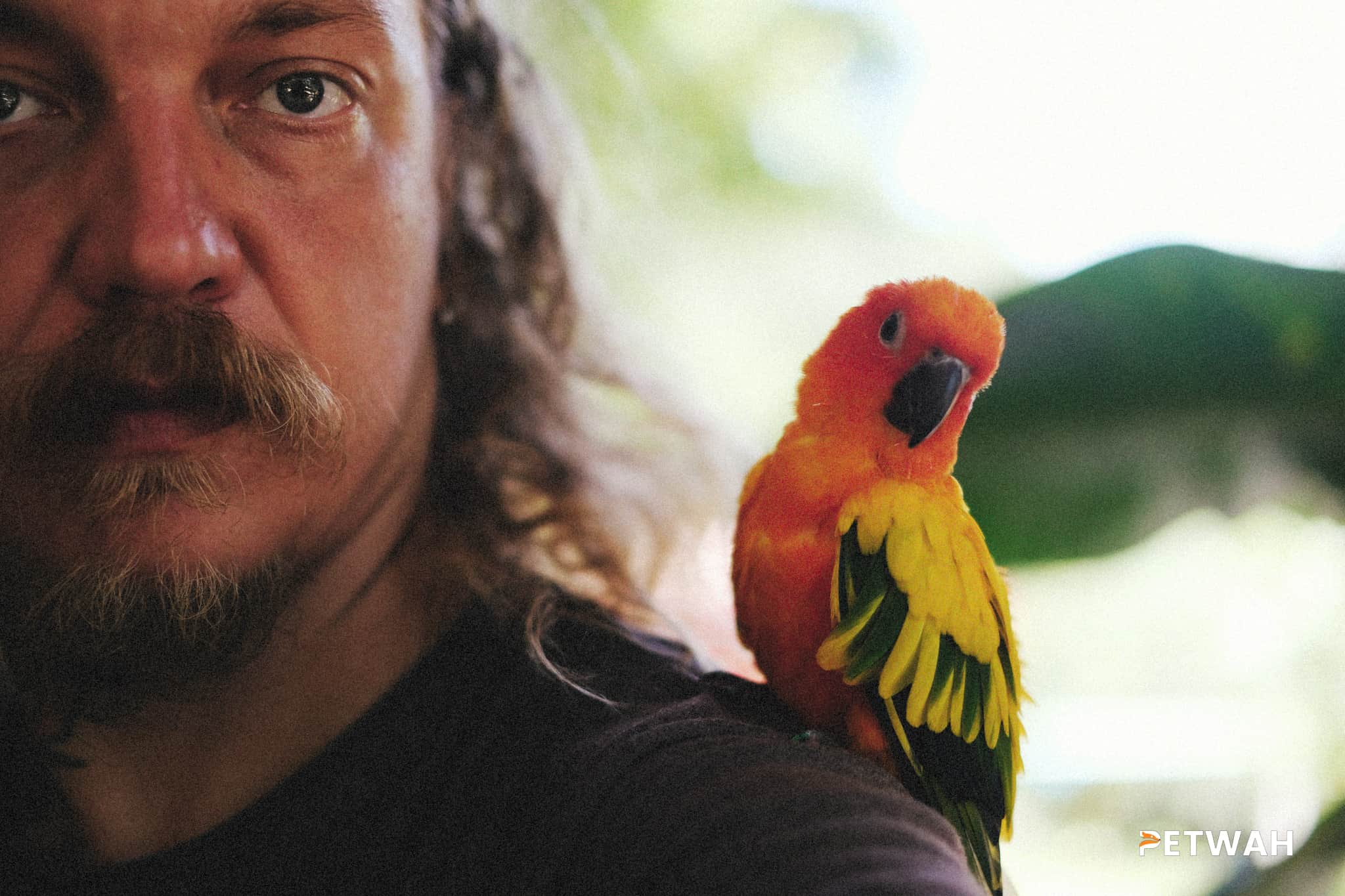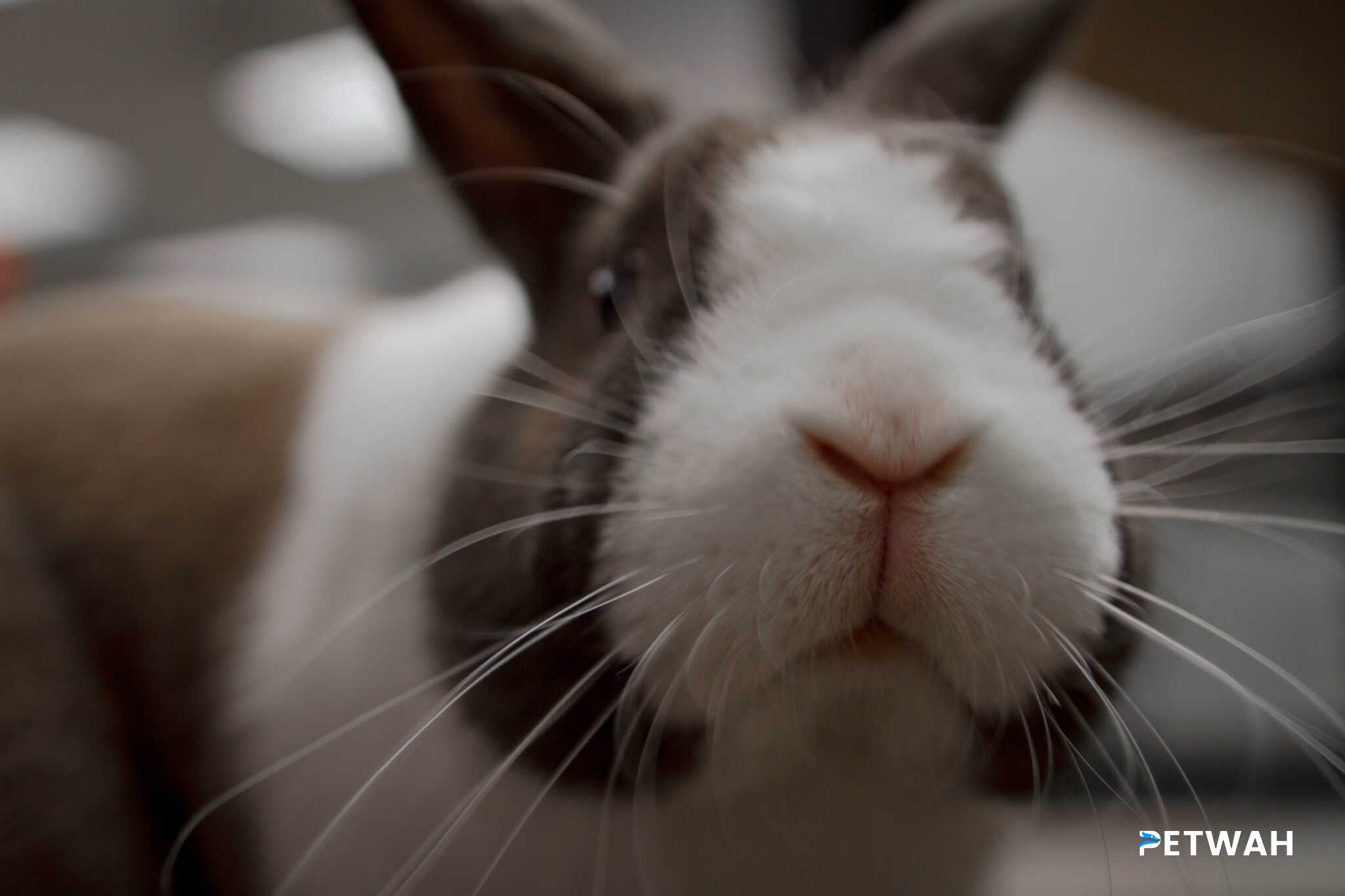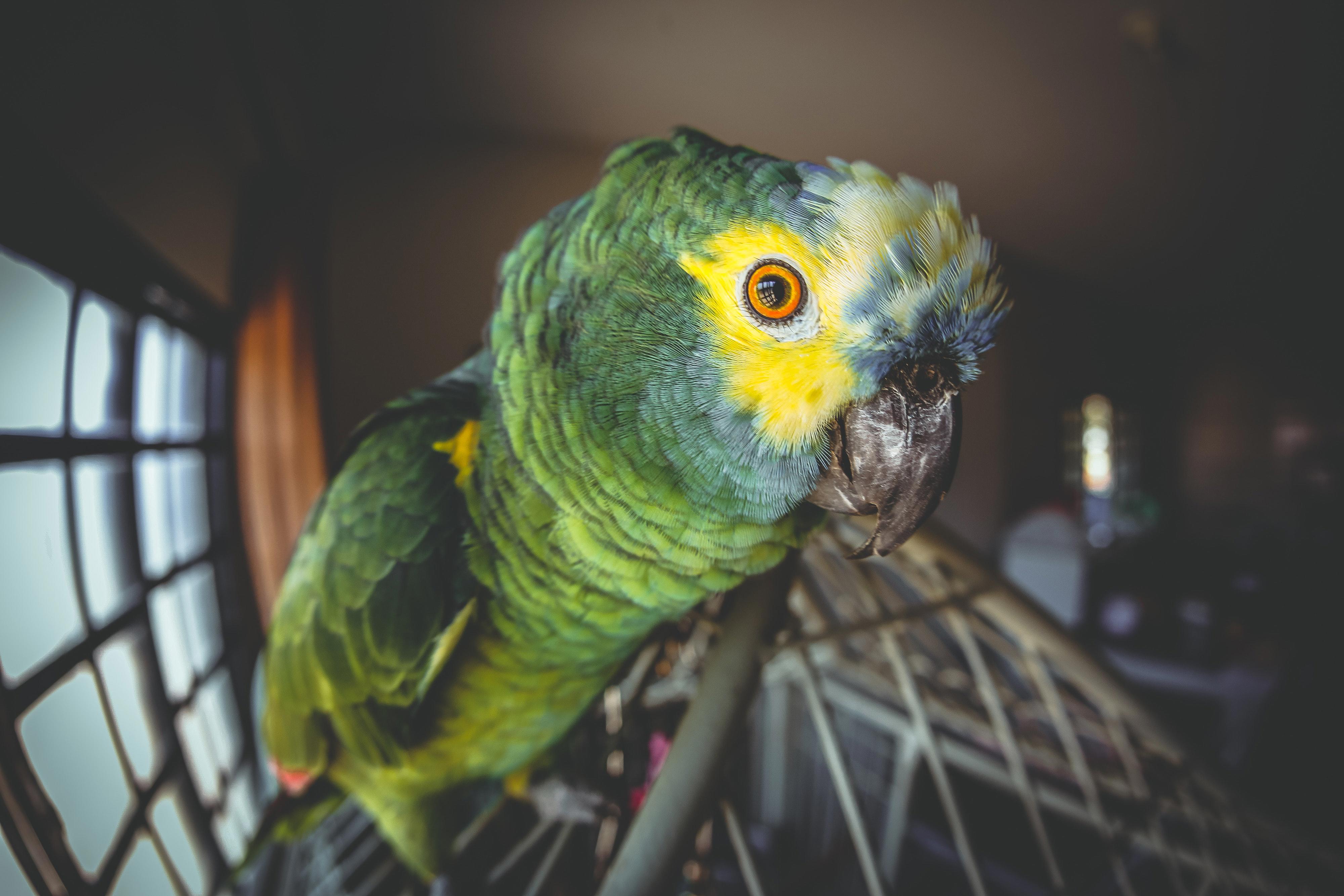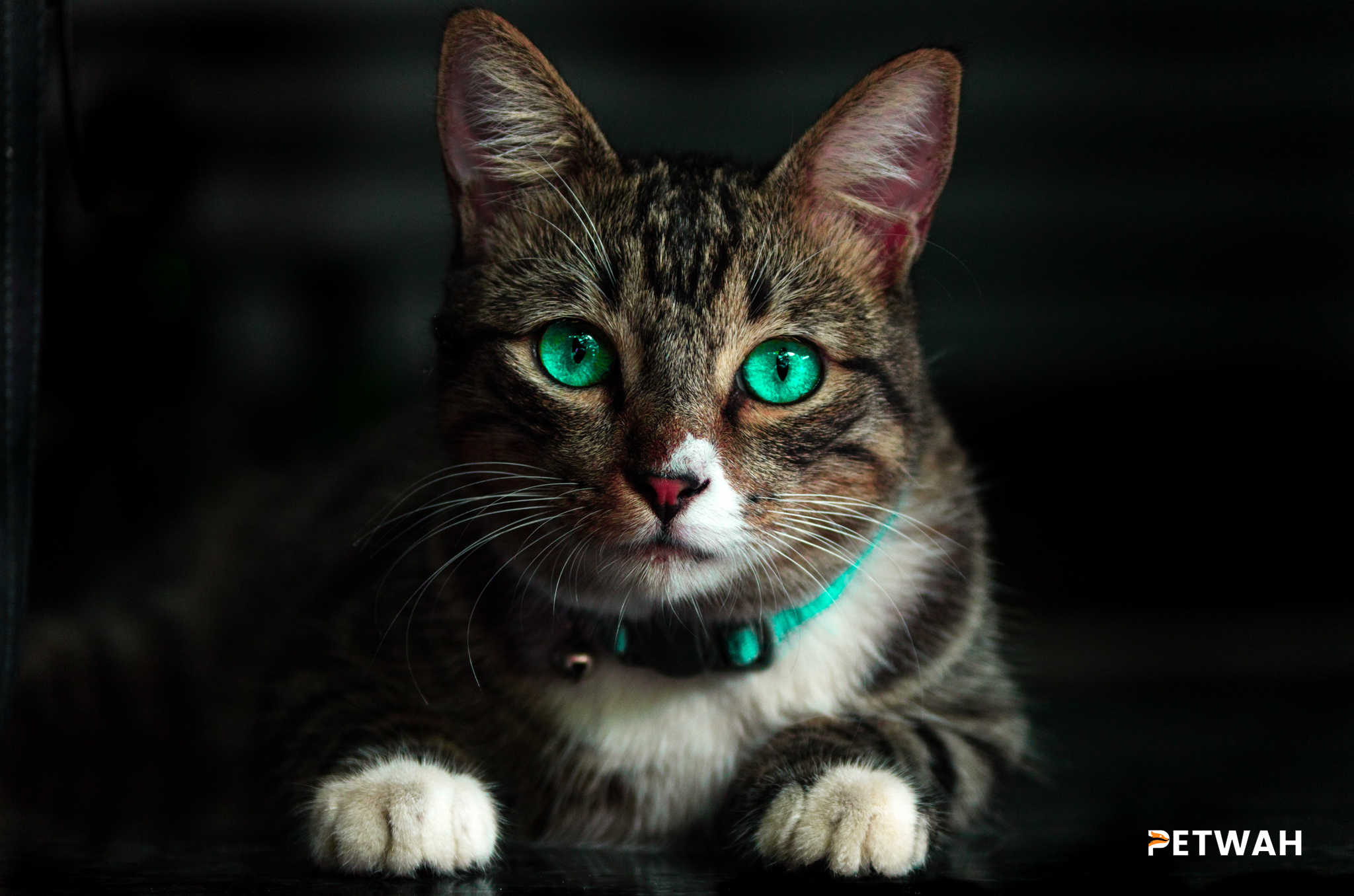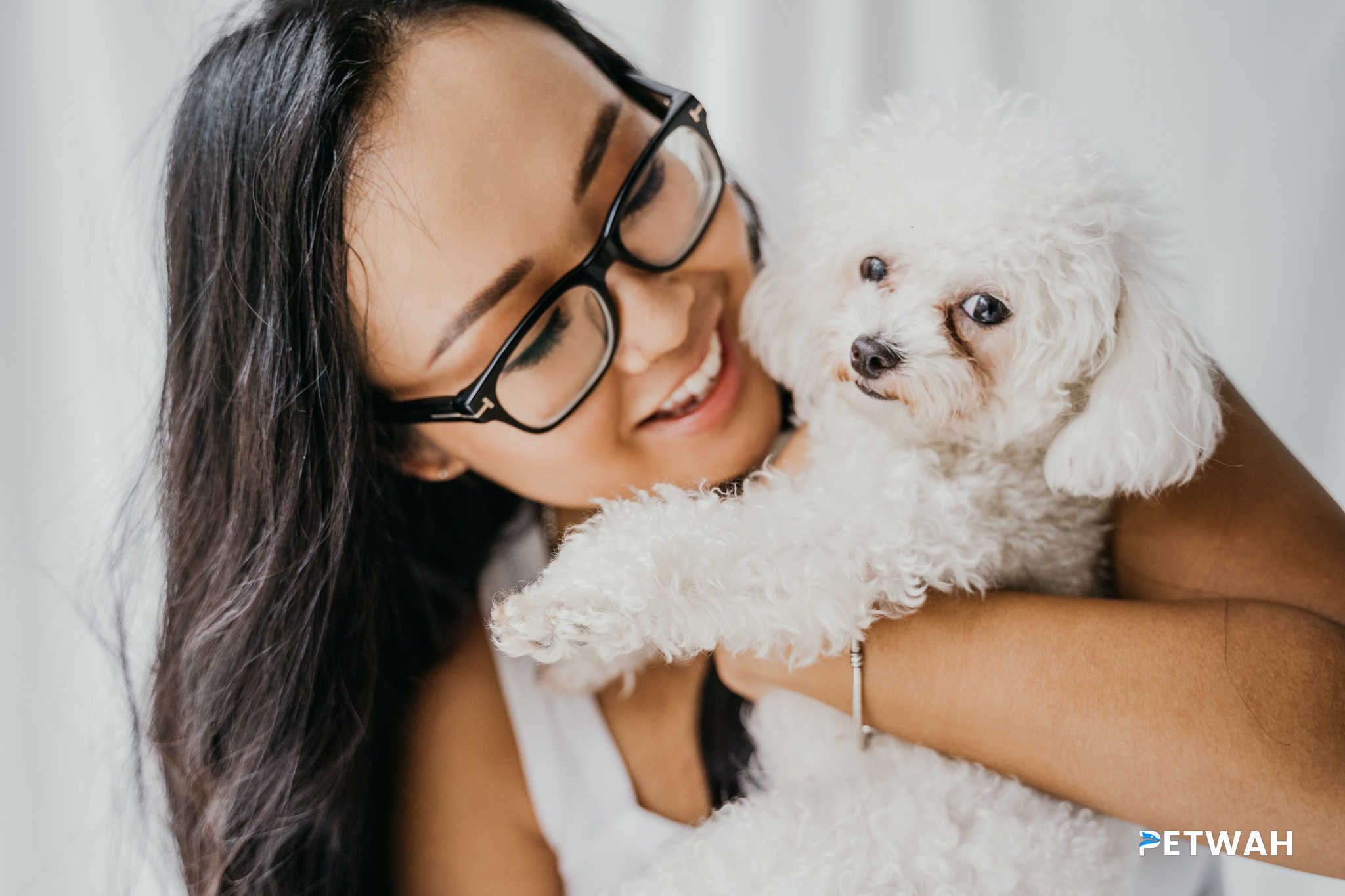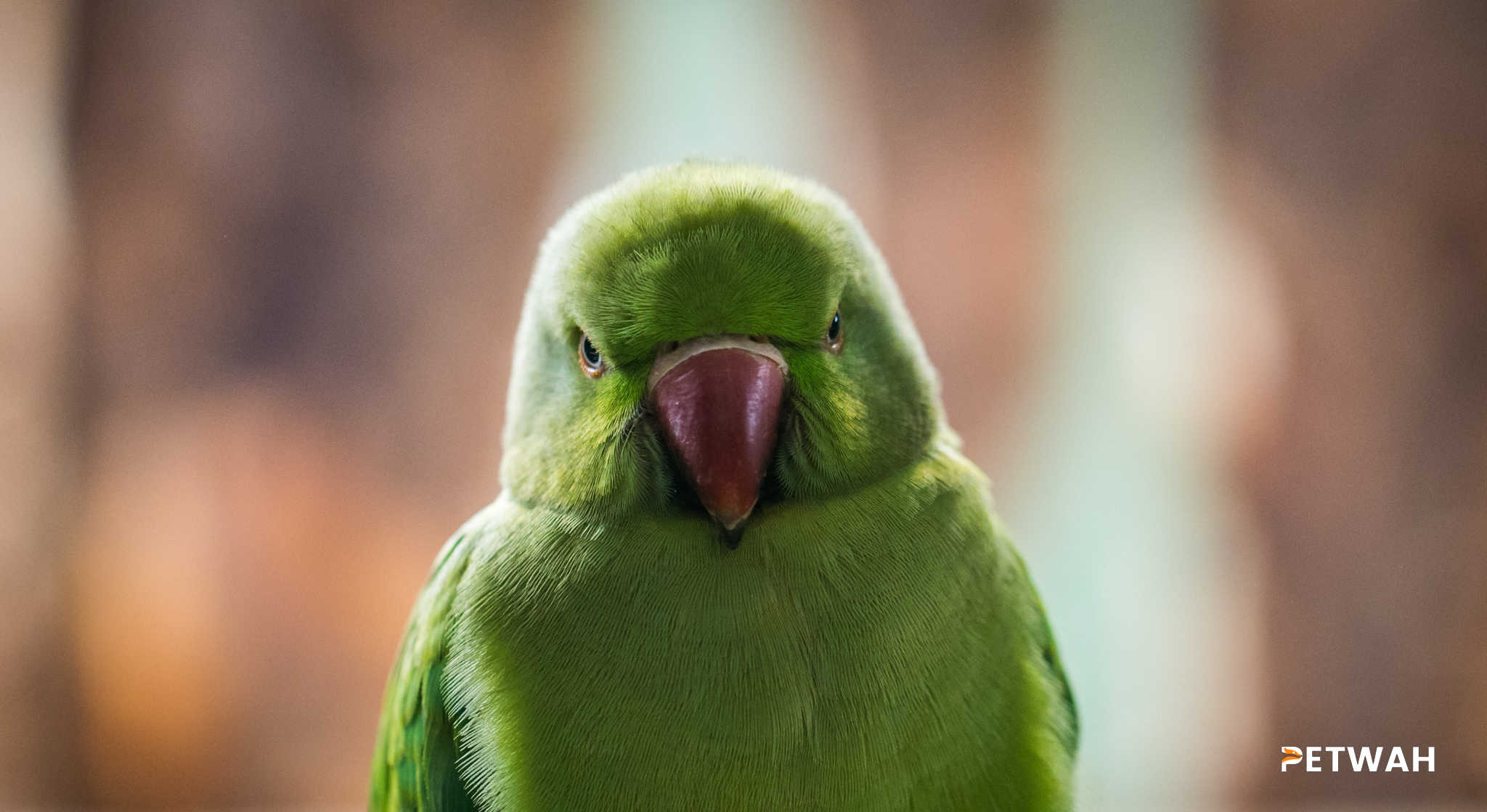As a couple, managing the aging process and potential health issues of your beloved bird can be a challenging and emotional journey. Birds, just like humans, experience the effects of aging, including decreased mobility, changes in behavior, and the potential for developing health issues. However, with proper care and attention, you can ensure that your feathered companion enjoys a comfortable and fulfilling life in their golden years. In this article, we will discuss effective strategies for managing the aging process and addressing potential health issues in your aging bird.
Developing a Care Plan for Your Aging Bird
As your bird gets older, it is essential to create a comprehensive care plan that addresses their specific needs and potential health concerns. Here are some key considerations to keep in mind:
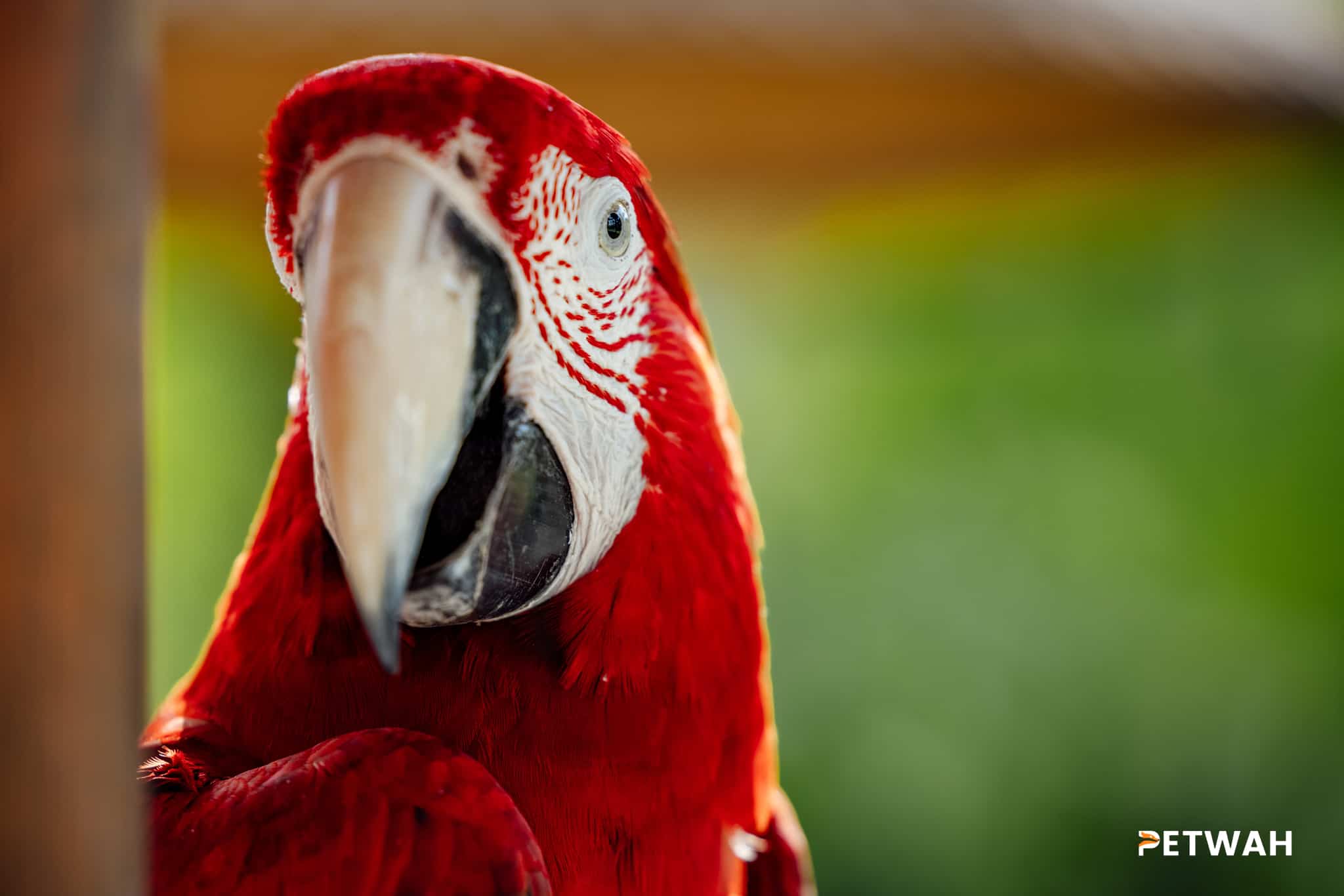
1. Regular Veterinary Check-Ups: Just like humans, birds require regular check-ups to monitor their overall health and detect any potential age-related issues early on. It is recommended to schedule annual or bi-annual appointments with an avian veterinarian who is experienced in bird care.
2. Proper Nutrition: In their older years, birds may have changing dietary requirements. It is crucial to provide a balanced and nutrient-rich diet that meets their specific needs. Consult your veterinarian to determine the appropriate diet for your aging bird, considering factors such as species, size, and any existing health conditions.
3. Exercise and Enrichment: Physical exercise plays a vital role in maintaining your bird’s overall health and preventing age-related issues such as muscle weakness and obesity. Providing opportunities for mental stimulation through toys, puzzles, and social interaction is equally important. Ensure your bird has ample space for flying and perching, and engage them in regular playtime activities.
4. Monitoring Behavior and Mobility: Aging birds may exhibit changes in behavior and mobility. Keep a close eye on your bird’s activity levels, appetite, vocalizations, and overall demeanor. Any noticeable changes should be promptly discussed with your veterinarian, as they may be indicators of underlying health issues.
Addressing Common Health Issues in Aging Birds
As your bird ages, they may become more susceptible to certain health conditions. It is crucial to be vigilant and address any potential issues promptly. Here are some common health issues that may arise in aging birds:
1. Arthritis: Arthritis is a prevalent condition among aging birds. It can cause discomfort, decreased mobility, and difficulty perching. Providing perches of varying diameters and textures can help alleviate pressure on the joints. Consult your avian veterinarian for medication or treatment options if arthritis symptoms are observed.
2. Respiratory Issues: Older birds are prone to respiratory problems, such as pneumonia or air sacculitis. Ensure your bird is housed in a well-ventilated area, provide a clean environment, and avoid exposure to cigarette smoke, chemicals, and other airborne irritants. If you notice any respiratory symptoms, consult your veterinarian immediately.
3. Feather Issues: Aging birds may experience changes in feather quality and appearance. Feather plucking or excessive molting can be signs of underlying health problems or behavioral issues. Monitor your bird’s plumage closely and consult with your veterinarian for guidance on proper feather care.
4. Heart Disease: Birds, particularly larger species like cockatoos and macaws, can develop heart disease as they age. Symptoms may include labored breathing, lethargy, and distended abdomen. Regular veterinary check-ups and early detection are crucial for managing and treating heart-related issues in your aging bird.
Frequently Asked Questions (FAQs)
1. How can I determine the age of my bird?
Determining the exact age of a bird can be challenging, especially if it was not obtained as a hatchling. However, certain visual cues such as eye color, feather condition, and behavior can provide rough estimations. Avian veterinarians can also assist in estimating a bird’s age based on physical characteristics and health assessments.
2. How can I make my aging bird more comfortable?
To make your aging bird more comfortable, provide a cozy and quiet environment, with perches and toys positioned at reachable heights. Maintain a consistent routine, monitor and adjust temperature and humidity levels, and ensure your bird receives an appropriate diet tailored to its nutritional needs.
3. Should I modify my bird’s diet as it ages?
Yes, it is recommended to modify your bird’s diet as it ages to meet its changing nutritional requirements. Older birds may require a diet with reduced fat and protein content. Consult with your avian veterinarian to determine the ideal diet composition for your aging bird.
4. How often should I take my aging bird to the vet?
Regular veterinary check-ups are crucial for monitoring your aging bird’s health and detecting any potential health issues. In general, annual or bi-annual visits to an avian veterinarian are recommended. However, the frequency may vary depending on your bird’s specific needs and any existing health conditions.
5. What signs should I look for to indicate that my aging bird is unwell?
Signs of illness in aging birds can vary but may include changes in appetite, weight loss, reduced activity levels, labored breathing, changes in droppings, abnormal feather appearance, and behavior changes. Any noticeable changes should be promptly discussed with your avian veterinarian.
Remember, proper care, regular veterinary check-ups, and a nurturing environment are key to ensuring your aging bird’s well-being. With love, attention, and the right resources, you can help your feathered companion enjoy their golden years to the fullest.
[PetWah](https://www.petwah.com/): Provides a range of products and services for your bird’s health and well-being.
FAQs:
1. How can I determine the age of my bird?
2. How can I make my aging bird more comfortable?
3. Should I modify my bird’s diet as it ages?
4. How often should I take my aging bird to the vet?
5. What signs should I look for to indicate that my aging bird is unwell?
Remember to visit [PetWah](https://www.petwah.com/) for all your pet care needs!


